Debussy | Etudes for Piano | Book 2
€15.60
Debussy ?tudes for Piano Book 2
Out of stock
Together with the Chopin and Liszt études, Claude Debussy’s twelve Études, composed in 1915, are considered the most important in the piano repertoire. Not only are they musical tone poems, with moods varying from tenderly introspective to ferocious, Debussy’s études also deal with a variety of technical problems such as scales, arpeggios, thirds, fourths, sixths and so on. Debussy intended them as 'a warning to pianists not to take up the musical profession unless they have remarkable hands'. And the unusual combination of musical and technical problems makes these études, which are fittingly dedicated to the memory of Frédéric Chopin, a challenge for even the most advanced pianists.
Edition Peters publishes the Études in two books of six each, both of which are available from Waltons.
Contents:
- Pour les degrés chromatiques
- Pour les agréments
- Pour les notes répétées
- Pour les sonorités opposées
- Pour les arpèges composés
- Pour les accords
You may also like…

Need Help Choosing?
Get in touch with a member of our team
Contact a member of our dedicated customer service team, and we will be happy to help you choose the right instrument for your needs.
Or text “Waltons Callback” with a short description of your query and a member of staff will call you as soon as possible to assist.
Can’t Get Through? Please see our list of contact numbers below
Head Office: 01 8207425
Blanchardstown Store: 01 9603232
Online Sales, Customer Service & Product Queries:
Niall: 087 2267740
Fiona: 086 0284929


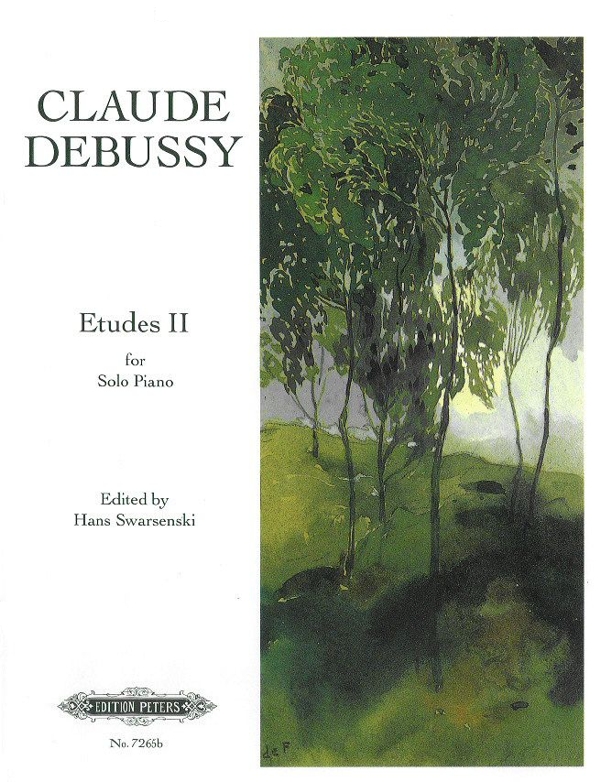

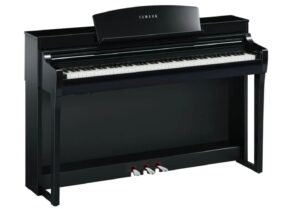
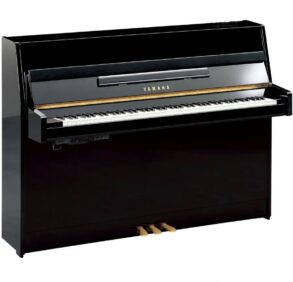

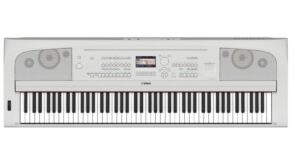

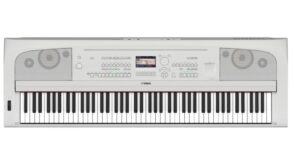
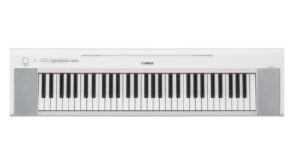
You must be logged in to post a review.